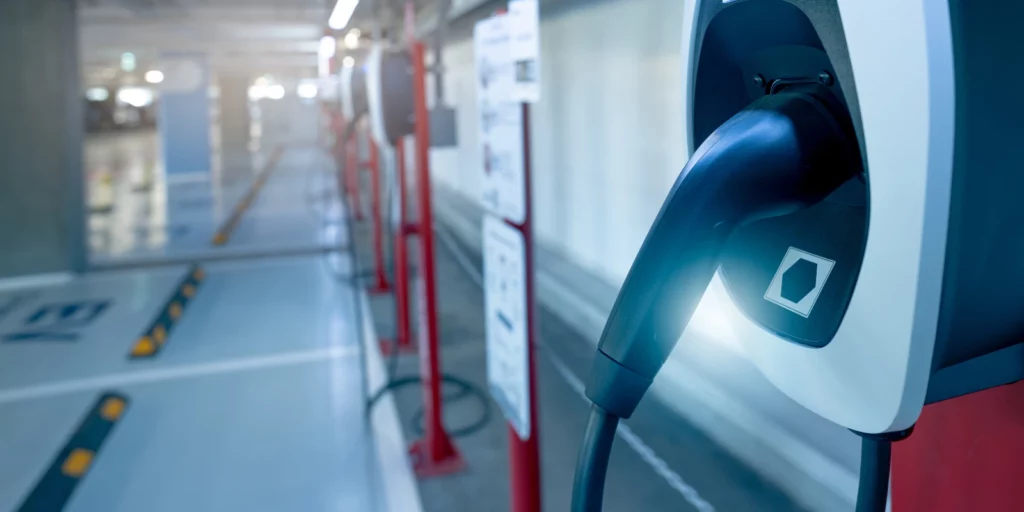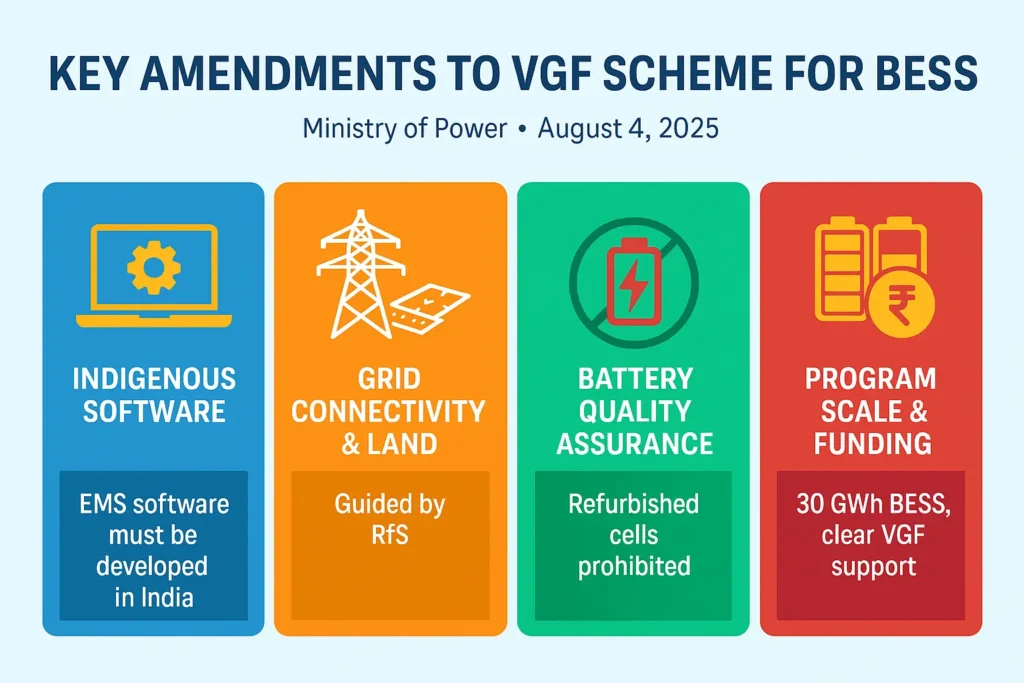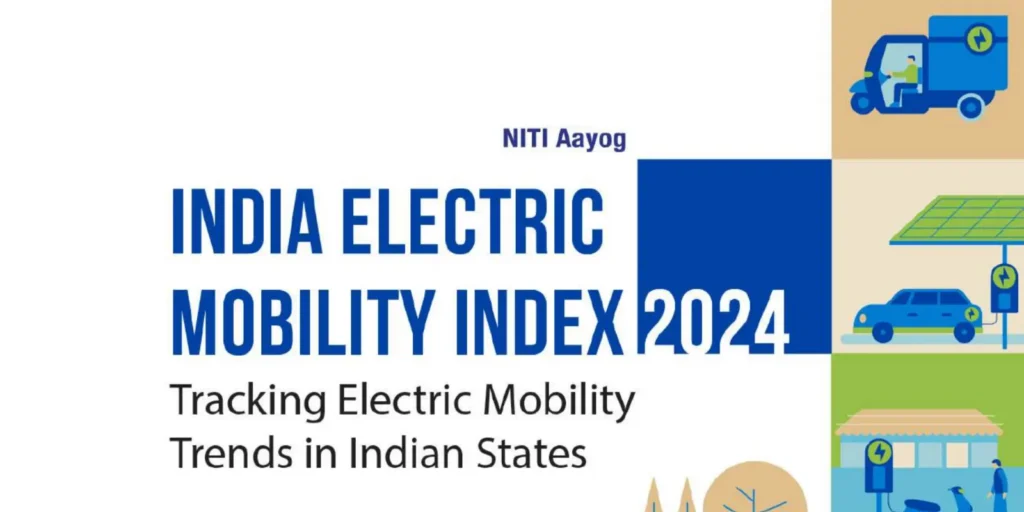
Egypt is among the countries most vulnerable to climate change, at risk of acute weather events such as water scarcity, droughts, high temperatures, and rising sea levels that may inflict considerable damage to the national economy. With the strong imperative to reduce carbon emissions and combat climate change, Egypt is positioning itself as a regional leader in adopting sustainable transportation solutions. This article delves into the current state of electric mobility in Egypt, drawing insights from recent news items that shed light on the progress and challenges in this transformative journey.
Vehicle Emissions in Egypt
Air pollution is one of the top five risk factors for disease and premature death in Egypt. In Greater Cairo, the transport sector accounts for 26% of total emissions of particulate matter with a diameter ≤ 10 µm (PM10), more than 90% of carbon monoxide (CO), 90% of hydrocarbons, 22% of sulfur oxides (SOx), and 50% of nitrogen oxides (NOx) (1).
According to its first biennial update report, Egypt emitted around 325,614 Gg of CO2 equivalent in 2015 alone (2). The transport sector is the second largest source of greenhouse gas emissions, accounting for 15% of total emissions, and personal vehicles represent more than 50% of all vehicles in Egypt, most of them in the capital.
Besides the environmental and health problems caused by vehicle emissions, the World Bank estimated that Egypt’s annual CO2 emissions cost the country around USD141.7 million annually (3).
The State of Electric Mobility in Egypt in 2023
Egypt’s EV landscape is nascent, yet brimming with potential. According to the recent Global Electric Mobility Readiness Index (GEMRIX) 2023, the country ranks 28th, categorized as a “starter market” with significant potential for early infrastructure development. Industry professionals estimate there are 3,500 to 4,000 electric cars on the road — up from about 1,000 to 1,800 in 2021. Recent reports highlight the increasing presence of electric cars on Egyptian roads, signaling a shift toward a cleaner and more sustainable future.
Electric Mobility in Egypt has gained attention as a strategy to:
- Mitigate GHG emissions;
- Improve air quality;
- Decrease petroleum dependency and;
- Boost energy security in the context of increasing world-wide vehicle demand.
Government Policies and Initiatives
Egypt, which hosted the Cop27 UN climate change conference in November, has has put a ban on traditional petrol and diesel cars by 2040. The ban is part of the country’s Vision 2030 strategy which targets a 10% reduction of greenhouse emissions from the energy sector, including oil and gas, by 2030.
Ministerial Resolution 255/2018 exempted EVs from customs duties and allowed the import of EVs that are no older than three years. Egyptian regulations do not permit the import of used cars. However, an exception was made for EVs to encourage their use and enhance future market opportunities for the industry.
On September 17, 2020, the President issued a decree (#549/2020) designed to encourage the local assembly of EVs, including by expanding the list of eligible importers to include companies involved in the manufacture and assembly of EVs.
The Egyptian government announced that it would additionally offer subsidies of up to EGP50,000 on the purchase of locally manufactured EVs (approximately USD2,500).
Local Manufacturing of EV’s
Multiple auto experts have recommended localizing EV manufacturing as the most efficient policy for increasing the popularity of EVs. The Egyptian Government has also made effort to make local manufacturing base for EV’s. Back in 2021, state-owned El Nasr Automotive Manufacturing Company and Dongfeng signed a MoU.
Further, Geely, a Chinese car manufacturer, which has also signed an MoU with the National Organization for Military Production to manufacture EV locally. Foton Motor also signed an agreement with the Ministry of Military Production in April 2020 to produce 2,000 electric buses over four years. However, none of these agreements have succeeded so far delaying the adoption of electric vehicles in Egypt.
As part of efforts to improve local production, the Egyptian parliament approved the creation of a new regulatory authority, the Supreme Council for Vehicle Manufacturing, responsible for setting up a new policy for the local automotive industry in July 2023. In October 2023, Minister of Finance stated that the government would bear 35% of costs for EV production per vehicle to support local manufacturers. With these new positive interventions, Egypt’s EV market is looking positive for years ahead.
EV Charging Infrastructure
Revolta Egypt continues to build a network of charging stations across Egypt in more than 18 cities. Infinity EV has so far built a network of 135 charging stations, with more than 500 charging points. The number of users on its application has doubled from 2,000 to 4,000 in less than two years.
Schneider Electric has been aiding companies in providing charging hardware for public charging solutions that can be monetized. YoCharge through its white-label EV Charging Software as service, is helping companies to launch, operate & scale their own EV Charging Networks in Egypt.

Introducing YoCharge
Yocharge is the EV Charging Management Software Company. As a trusted partner of Charge Point Operators our goal is to simplify the launching, operation & growth of EV Charging Services Business. With the help YoCharge enterprises can customise & launch their own EV Charging platform & mobile apps, without any need for development.
Future of Electric Mobility in Egypt
High upfront costs, limited EV model availability, and the nascent charging network all act as detours on the road to mass adoption. The government’s determination, coupled with growing public interest (90% of Egyptians surveyed plan to buy an EV within the next decade!), the future of state of electric mobility in Egypt looks promising.
However, increasing the share of electric vehicles in major metropolitan cities such as Cairo, Alexandria and major highways may be constrained by the capacity of the energy sector and may require additional investments in energy generation. With advancements in technology, supportive government policies, and collaborative efforts from various stakeholders, Egypt is poised to become a notable player in the regional electric mobility landscape.
In March 2024, Orange Egypt announced its exclusive collaboration with Tredco Mobility’s brand “Glide” aimed at promoting the adoption of locally manufactured electric mobility solutions. The partnership will offer a comprehensive range of scooters, bicycles, and environmentally friendly vehicles designed to improve the state of electric mobility in Egypt.
Electric Mobility in Egypt: References
- Abbass, R. A., Kumar, P., & El-Gendy, A. (2021). Emissions control scenarios for transport in Greater Cairo
- Biennial update report – PDF
- World Bank. (2014). Cairo traffic congestion study: Executive note.



